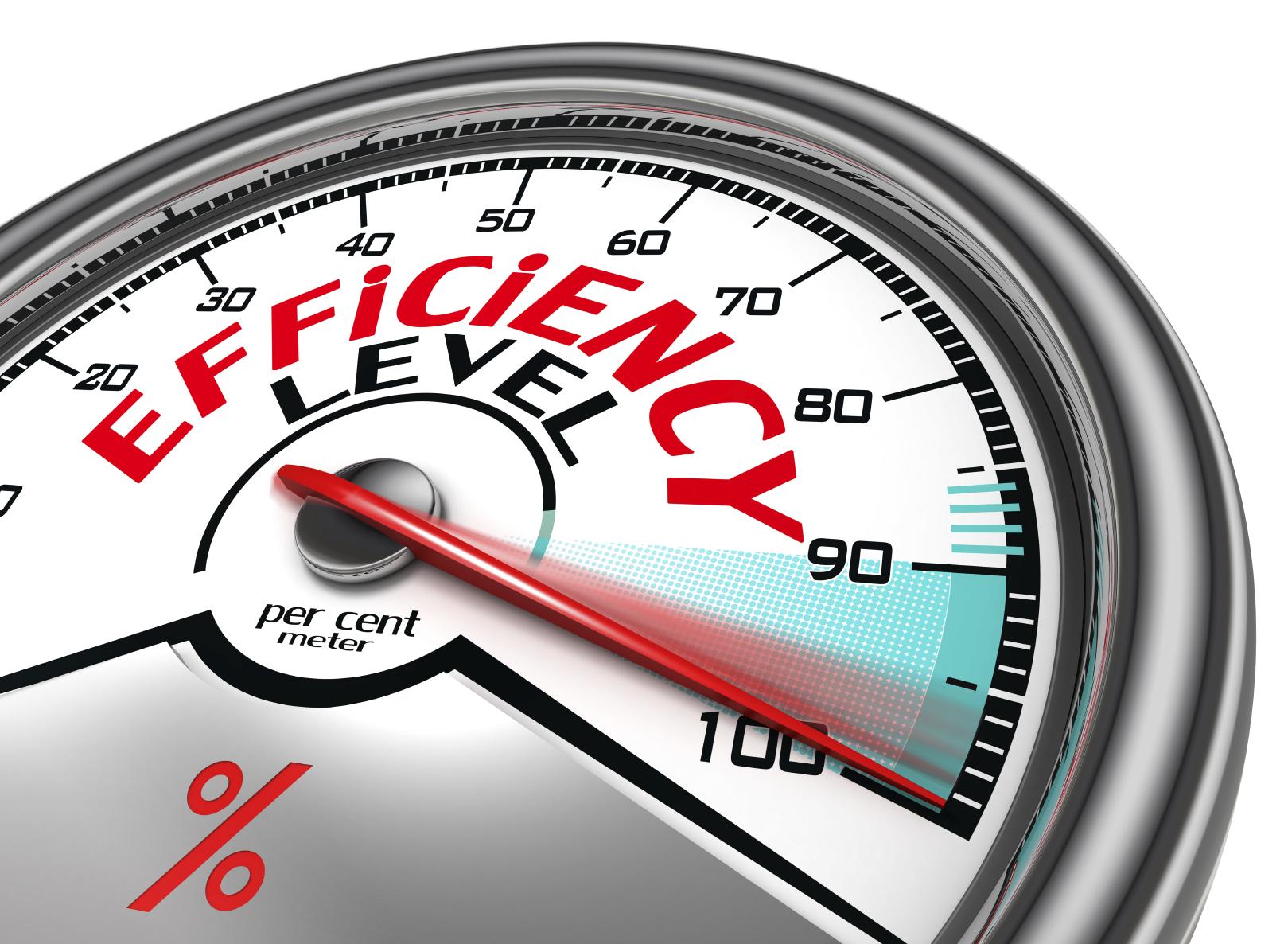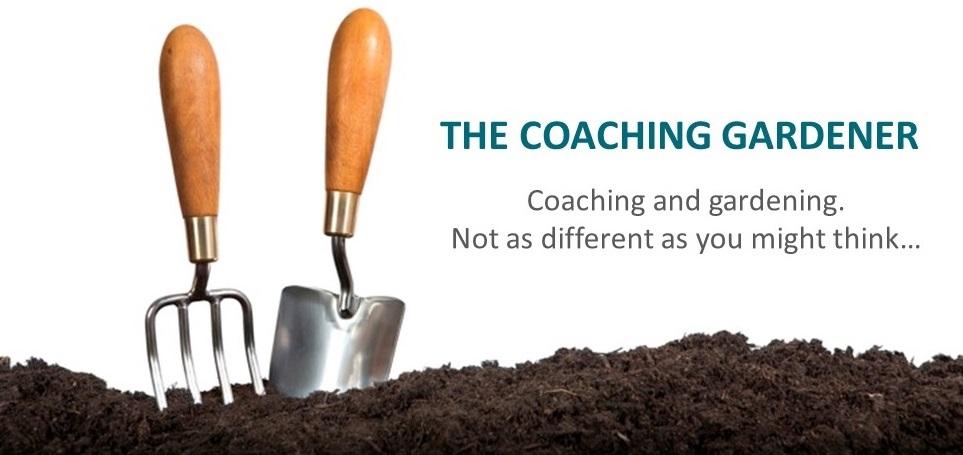
Do you have a difficult relationship at work?
According to a recent CIPD report, 1 in 4 people do, so you are not alone. Getting Under the Skin of Workplace Conflict identifies the most frequent cause for grievance as ‘lack of respect’. Disturbingly, this was most likely to be felt by a direct report talking about their line manager.
The CIPD found that tension is often sparked by a clash of working styles. And this was regularly linked with peoples’ experience of target setting and performance reviews. With such high odds you probably know of someone complaining or suffering in a difficult relationship, or perhaps you are the ‘1’ in 4. Of course if you’re a manager, alarmingly, you may even be the cause of the problem.
How what you do affects your team
The role of an effective line manager is critical to a healthy team environment. Great managers have the skills to understand, develop and motivate groups of individuals. When difficult work relationships arise, the first step is to examine your own emotional intelligence around the issue. As Stephen Covey said “We judge ourselves by our intentions and others by their behaviour”. Our egos are strong and when we come across ‘difficulty’ we may be more inclined to make the other person wrong in order to prove ourselves right.
Normally, we’re programmed to do a good job, deliver results, and demonstrate our competence and skill. However, when someone is creating an unsupportive environment around us our effectiveness reduces dramatically. So when we’re in conflict our ability to recognize and accept differences is reduced. If your direct report perceives that person to be you, BOOM, you have an even bigger problem.
You CAN break this cycle
No matter what your role, as a mature professional you need to be able to step back from egoic drivers such as justification, blame and a need to control. That often means taking a breath (sometimes literally!) and demonstrating a more resourceful response. For example, trying to understand and appreciate the other person’s point of view. Listening, asking great questions and demonstrating empathy are the behaviours most likely to produce healthy levels of rapport, and create the foundation for productive conversations. Without good rapport between managers and team members, trust is diminished and opportunities for improvement in performance are lost. When we are around people we view as difficult, effective behaviours often feel counterintuitive. It’s not always easy! That’s why managers need help to focus on the keys to successful conversations in troubled or uncharted waters.
Let us support you
At Starr Coaching we help managers learn essential principles of effective workplace conversations that build positive professional relationships over time.. We also show them how to stay emotionally strong in tough situations that relate to people. Poor working relationships damage employees’ engagement, performance and results. So if the 1 in 4 statistic resonates with you, and you’d like to hear more about our work in this area, get in touch.


























